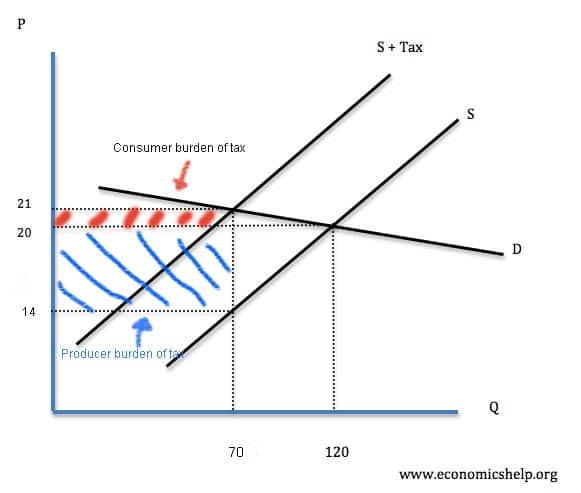320 Years of History
Gold Member
What would you think were you to see, after Trump released his tax returns, that his tax liability over the past year(s) amounted to substantively nothing? What is "substantively nothing" in his case? Well, I can't give a specific number, but it certainly means "materially more than was my tax liability" considering he (according to him) earns hundreds of millions of dollars a year and I do not.
I know I'd be furious. I wouldn't be angered at Trump himself. I'd be irked that he managed to avail himself of the tax minimization opportunities in the tax code, or more accurately, I'd be furious that such opportunities exist. I don't blame or despise him for taking advantage of those opportunities; nobody wants to pay more in taxes.
I would expect (on the basis of fairness in taxation/tax code provisions) that his liability and tax rate be about what the Clintons was. I mean really, by what measure is it just that a person who, say, earns $2M in a year can minimize their tax liability to $500K (25% effective tax rate) and a person earning $200M should realize a notably lower (20% or less) effective tax rate due to "this and that" so-called "loophole?"
And make no mistake, Trump in in the real estate business; few, if any, other ways of making money offer the tax minimization opportunities that real estate development does. If you happen to own a rental property, you surely know this, even if you don't develop properties on the scale Trump does and thus have access to deductions and exemptions he does. Therein lies the rub. There wouldn't be much cause to be "plucked" about realty's tax minimization opportunities were it not that scale determines whether they are available.
If you are incredulous about or unaware of what I mean, read through the following:
I know I'd be furious. I wouldn't be angered at Trump himself. I'd be irked that he managed to avail himself of the tax minimization opportunities in the tax code, or more accurately, I'd be furious that such opportunities exist. I don't blame or despise him for taking advantage of those opportunities; nobody wants to pay more in taxes.
I would expect (on the basis of fairness in taxation/tax code provisions) that his liability and tax rate be about what the Clintons was. I mean really, by what measure is it just that a person who, say, earns $2M in a year can minimize their tax liability to $500K (25% effective tax rate) and a person earning $200M should realize a notably lower (20% or less) effective tax rate due to "this and that" so-called "loophole?"
And make no mistake, Trump in in the real estate business; few, if any, other ways of making money offer the tax minimization opportunities that real estate development does. If you happen to own a rental property, you surely know this, even if you don't develop properties on the scale Trump does and thus have access to deductions and exemptions he does. Therein lies the rub. There wouldn't be much cause to be "plucked" about realty's tax minimization opportunities were it not that scale determines whether they are available.
If you are incredulous about or unaware of what I mean, read through the following:
- Ten Tax Loopholes for Active Real Estate Investors | The White Coat Investor - Investing And Personal Finance Information For Physicians, Dentists, Residents, Students, And Other Highly-Educated Busy Professionals
- Real Estate Developers: How To Maximize After-Tax Return on Development
- Tax Planning for Real Estate Developers
- Basic Tax Considerations for Real Estate Developers
- Tax Planning Opportunities for Real Estate Developers and Investors


